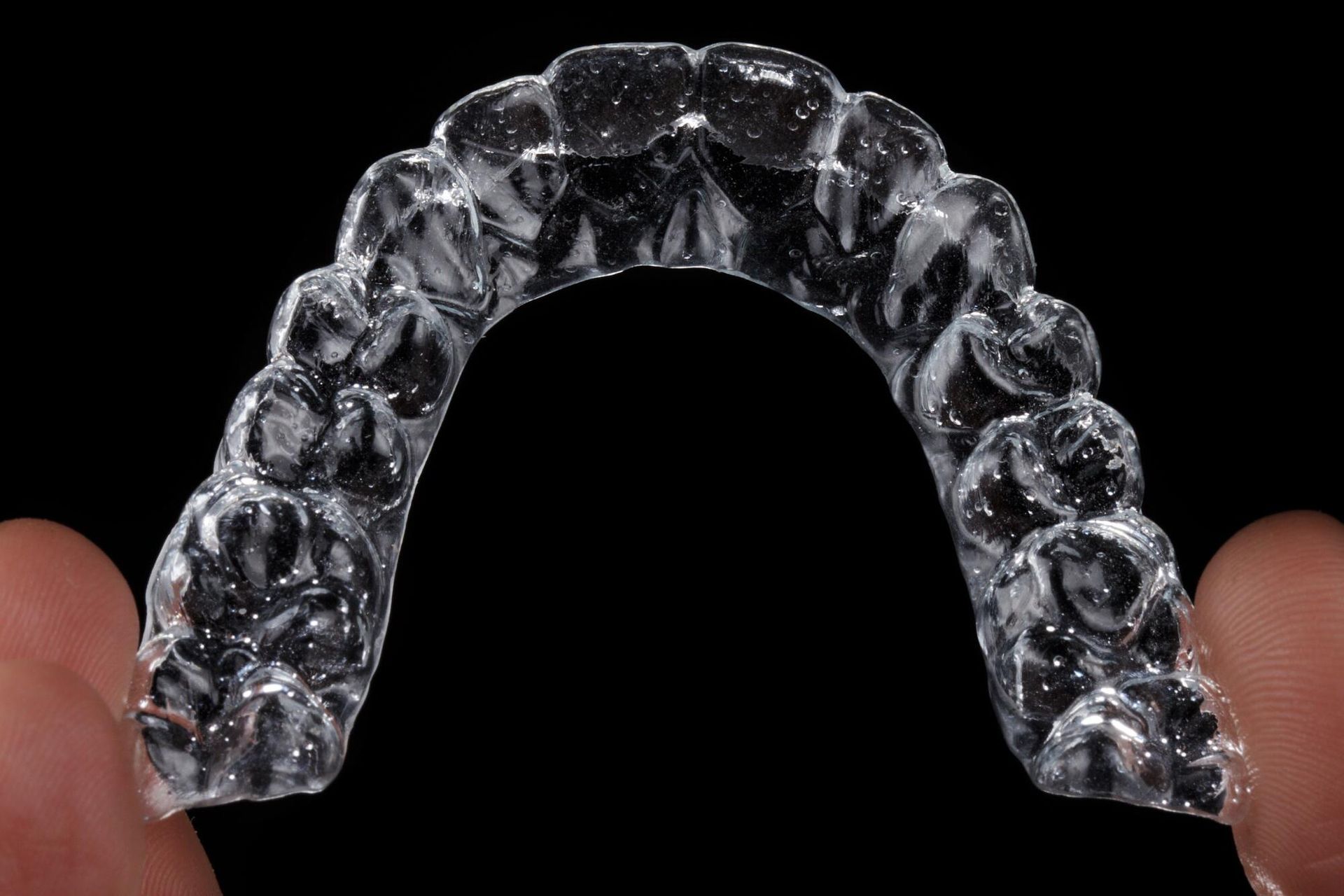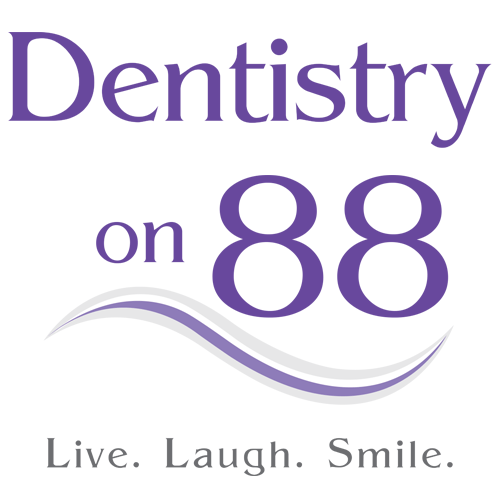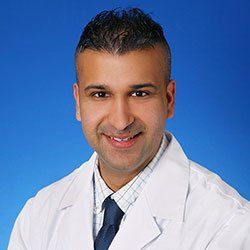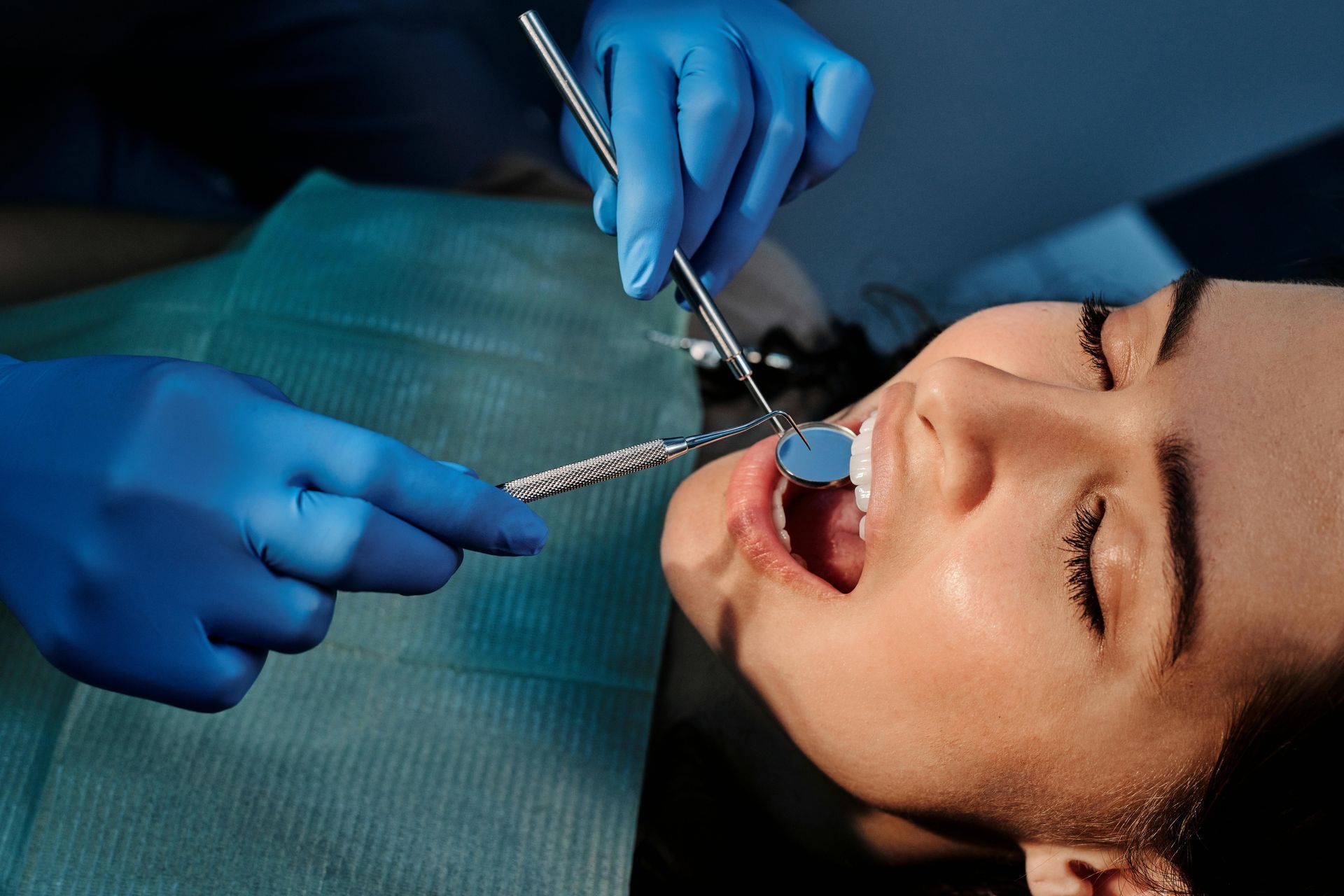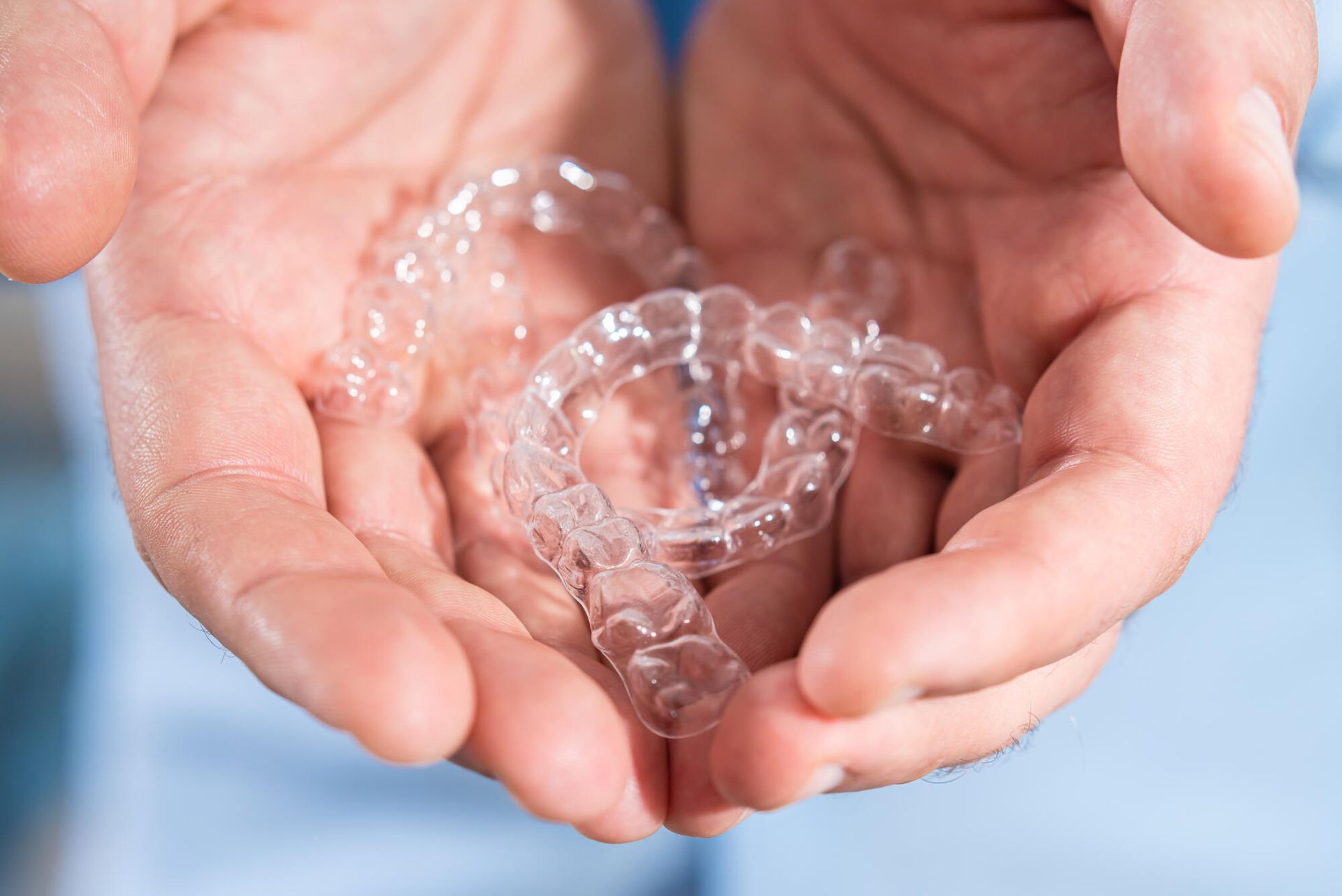What To Expect If You Need To Get Your Wisdom Teeth Removed
Dr. Arif Virani
D.M.D
Dr. Arif Virani attained his Doctor of Dental Medicine degree from the University of Pennsylvania.
He performs an assortment of treatments in general dentistry for young children, adults and seniors. Dr. Virani’s passion in dentistry include services such as dental implants, gum grafting and wisdom teeth removal.
When he isn’t working, he enjoys working out, playing sports and keeping up with all the Toronto sports teams. He plays softball in the Bradford Sluggers league. As well, he enjoys dining at new restaurants and spending quality time with his family and friends.
Dr. Virani looks forward to providing you and your family with dental care in a warm and relaxing environment.
There is no doubt that the idea of removing your wisdom teeth can make most people nervous. For some, they may never develop wisdom teeth and are lucky enough to avoid the experience entirely. While others typically experience their growth between the ages of 17 and 25. Your wisdom teeth are located in the back of your mouth and are the final teeth to erupt.
A dentist may flag down your wisdom teeth for a variety of reasons, some of which include; impaction, tight spacing, decay and or misalignment. It is not uncommon to have issues with your wisdom teeth because in most cases, there is simply not enough room in your mouth for them. Wisdom teeth can begin to put pressure on your other teeth, leading to pain and discomfort.
Wisdom Teeth Removal is a very common, routine procedure but does require recovery time!
Depending on your specific situation and personal preference, there are different types of anesthesia for your surgery;
- General Anesthesia: Ensures you are completely under during the entire procedure
- Local Anesthesia: Involves numbing the gums and in some cases, nitrous oxide (laughing gas) to keep you relaxed. You will be awake during the procedure.
- Sedation Anesthesia: A combination of IV Sedation and local anesthesia to help you relax.
Upon sedation/numbing, your dentist or surgeon will begin the wisdom tooth extraction! Most wisdom teeth removal takes less than an hour!
Some Tips after surgery include;
1. Manage Pain: Managing pain can be a result of over-the-counter medication or any prescriptions your doctor provides to you. At home remedies can include icing any tender areas to reduce swelling and keep you comfortable.
2. Don’t Use A Straw: Straws should be avoided and one should focus on taking small sips out of their glass. Avoid alcohol and caffeine!
3. Don’t Smoke: Smoking can interfere with healing and dislodge the clots which can lead to painful dry sockets!
4. Eat Soft Food: Soups, Yogurt, Broth, Eggs, etc. are foods that do not require much chewing and will not interfere with clots and stitches.
5. Take Antibiotics as Instructed: If your doctor prescribes antibiotics to help with infection, make sure to take the required dose of the entire duration to ensure proper healing!
Depending on your case, you can be fully healed within a week! Although everyone is different, as long as you follow the proper at home care instructions and maintain good oral health, you should be able to heal well and avoid complications and infections!
